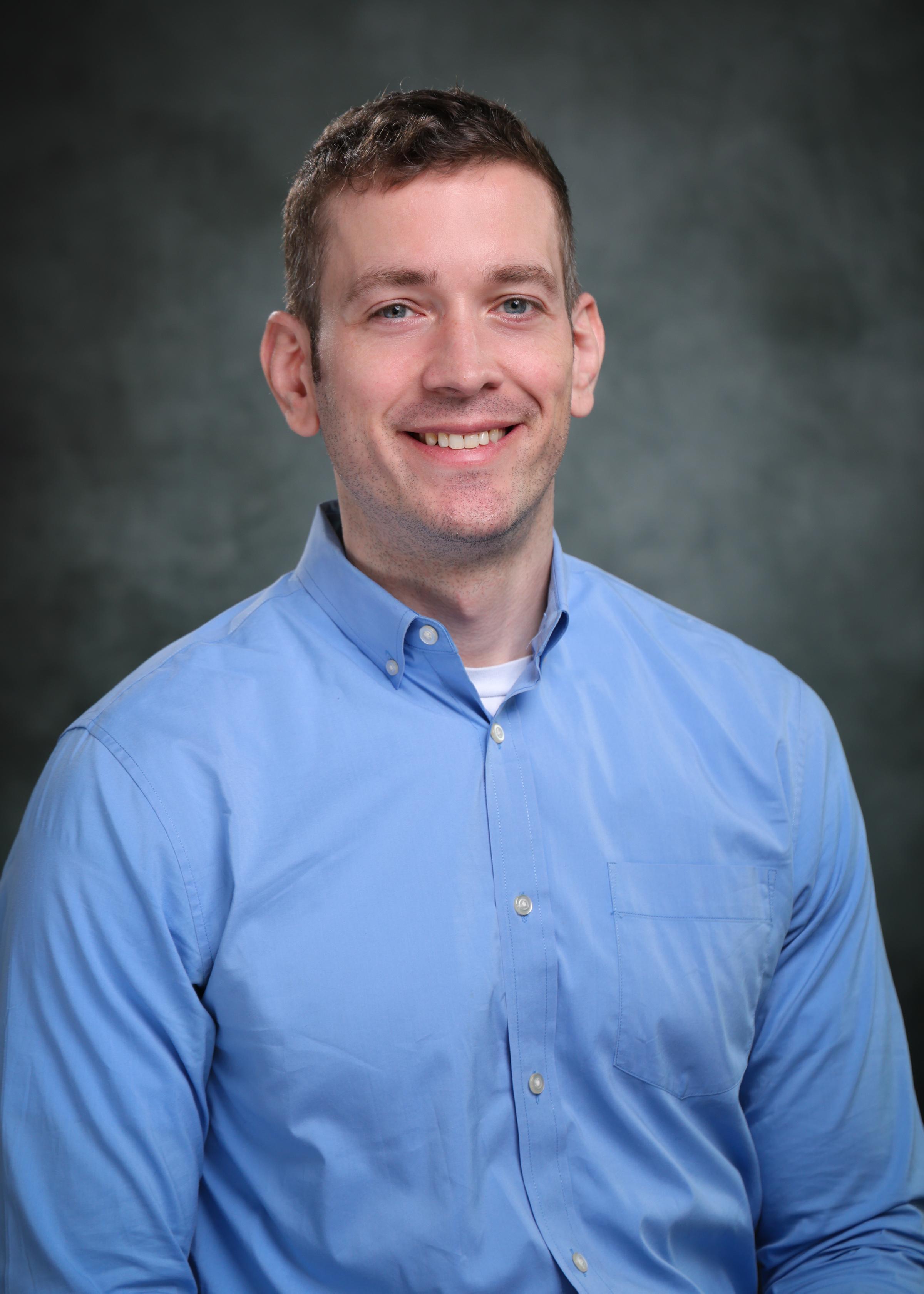Daniel
Christopher
Parker

Assistant Professor of Medicine
Assistant Professor in Neurology
Senior Fellow of the Center for the Study of Aging and Human Development
Assistant Professor of Medicine
Rm 1510 Blue Zone Duke South, Box 3003, Durham, NC 27705